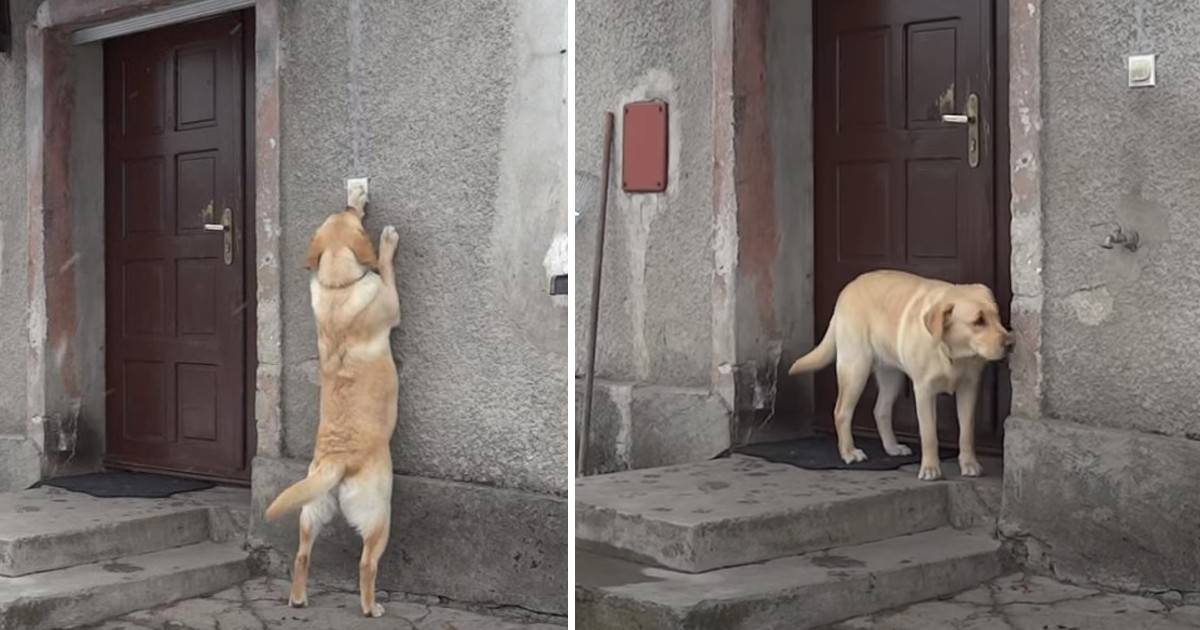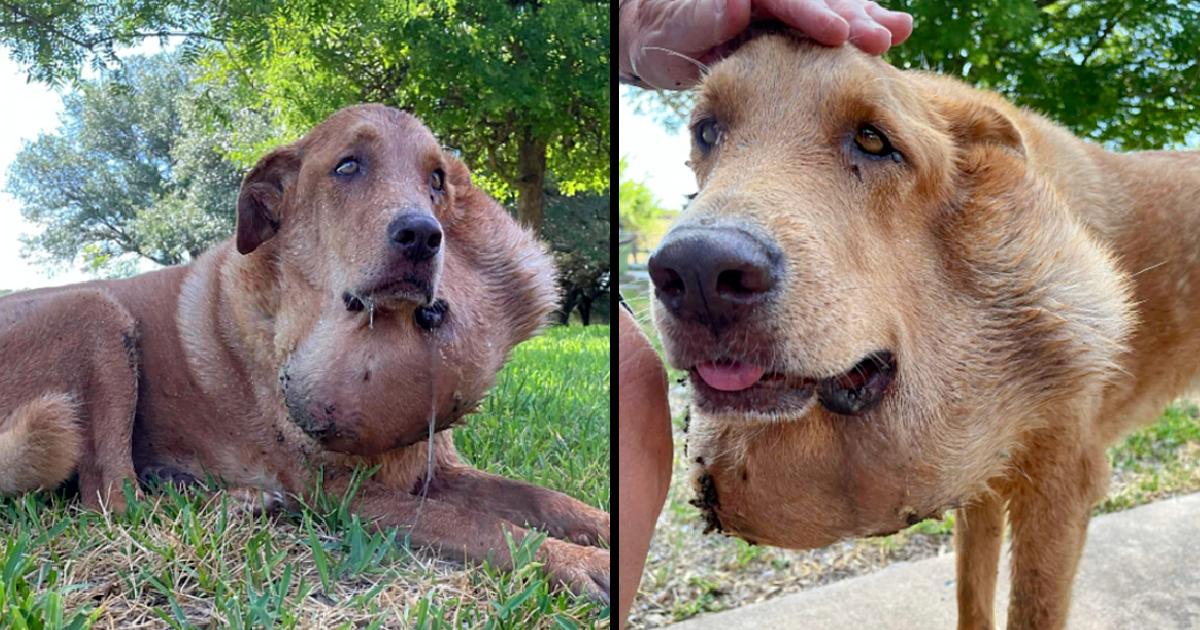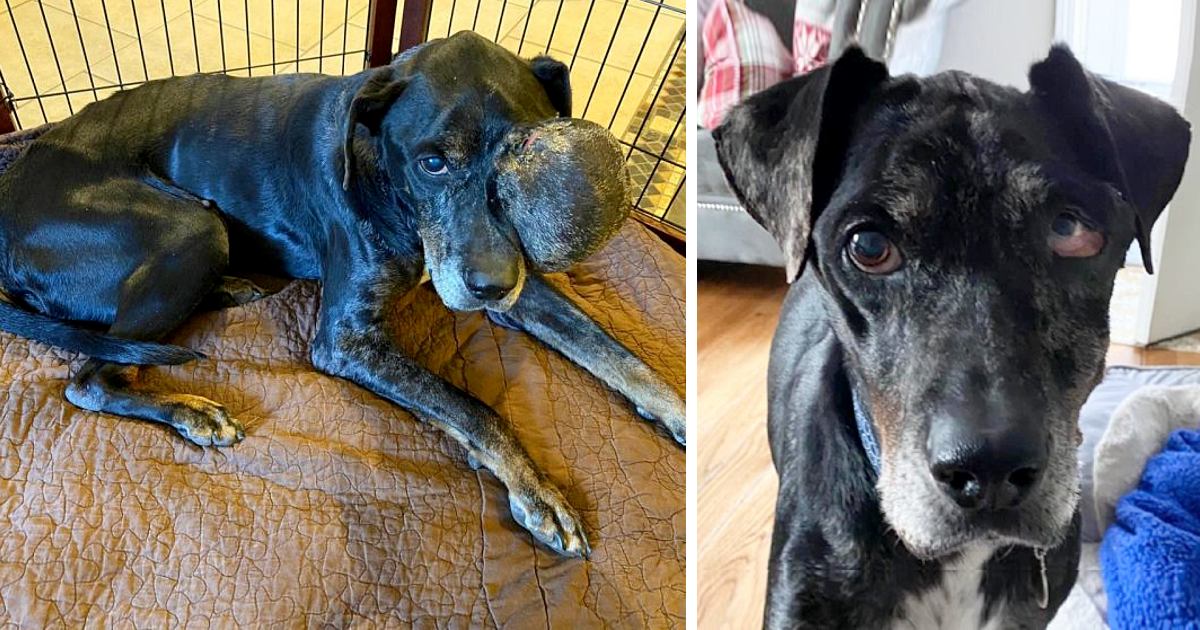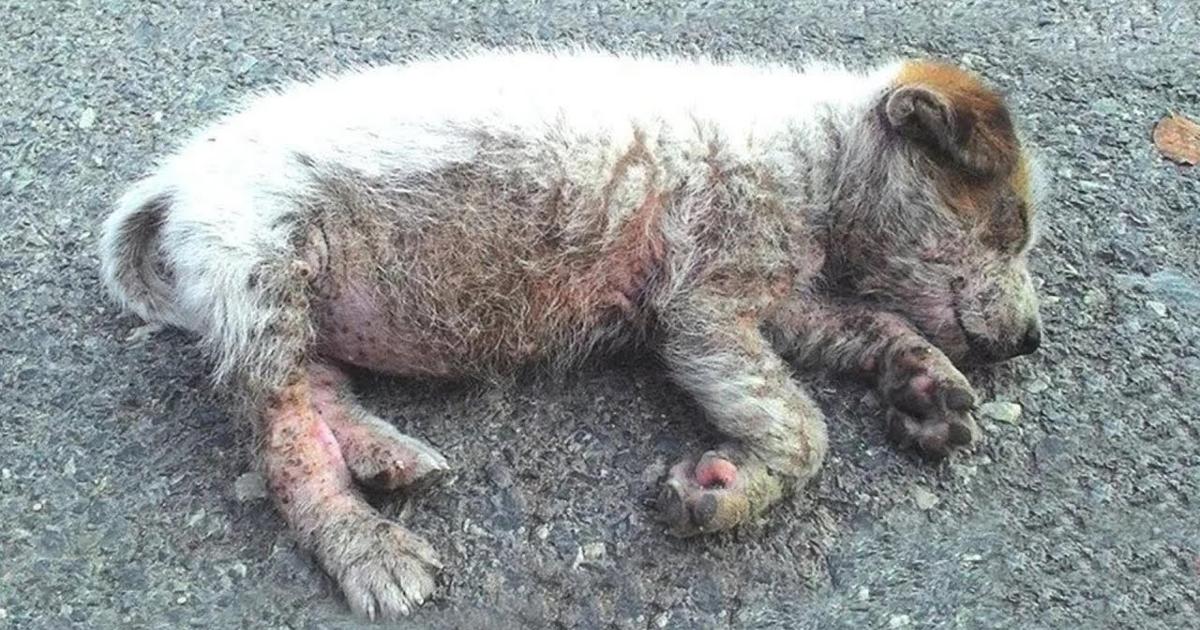A few hours ago, the social network shared a cute clip about a big fat cat. The caretaker of this cat must use all his strength to pick him up and perform dance moves to the music.
The fat cat makes it very difficult for the caretaker to lift the emperor!
Watching this cute clip, everyone feels the cat is really cute and wishes to own such a king. Besides, many people also praise its owner for being smart, so the cat has such a legal body!
However, for those who are knowledgeable about the health of pets, they will not find it amusing to see such an obese cat.
Because they are worried about what the other cat has to endure behind its luxurious face.
The body size of cats varies greatly depending on the breed of the cat. Some breeds, like the Maine Coon, are superior in shape and weight. Therefore, overweight in cat breeds is different.
When a cat’s weight exceeds 20% of their standard, it is called obese. Sometimes only 1.8 to 2 kg of excess weight also greatly affects the health and longevity of the emperors.
Excess body fat will directly affect the cat’s entire health system. They have difficulty breathing. This we can notice when listening to the cat breathing, or snoring.
The lack of oxygen affects the entire vital system of the cat’s life. They can easily suffer from heart attack, chronic liver or kidney disease.

An obese cat usually does not have the same flexible, agile reactions as other normal cats. Overweight cats in the long run will face health hazards such as bones, joints and ligaments.
A survey by the Society for the Prevention of Obesity in Cats found that overweight cats are more prone to damage to ligaments in the joints of their legs, especially easily arthritis.
In the early stages of arthritis, fat cats often lose their legs when walking.

Also because of the weight, the overweight cat will not be able to groom and clean his coat every day. This makes its coat often sticky, with dandruff (due to excess oil under the skin). In the long run they are prone to skin inflammation and sores.
In particular, going to the bathroom is the most difficult and stressful for an obese cat. Because the amount of fat is so large, their small skeleton cannot support it all. Squatting puts the spine and their joints under constant pressure.
In obese cats, constipation and urinary tract infections are also more likely to occur.

So what to do when “His Majesty” is increasingly overweight?
Weight loss for cats must be systematic, gradual, should not starve or diet suddenly, causing the cat’s body not to adapt. Sudden weight loss is dangerous for any individual, especially cats.
Owners of these cats should take their boss to veterinary medical centers for advice and a suitable weight loss program.
We should not be in a hurry to get excited when we see our pets suddenly becoming chubby, big and chubby. Being overweight is also one of the leading causes of premature death in cats.





